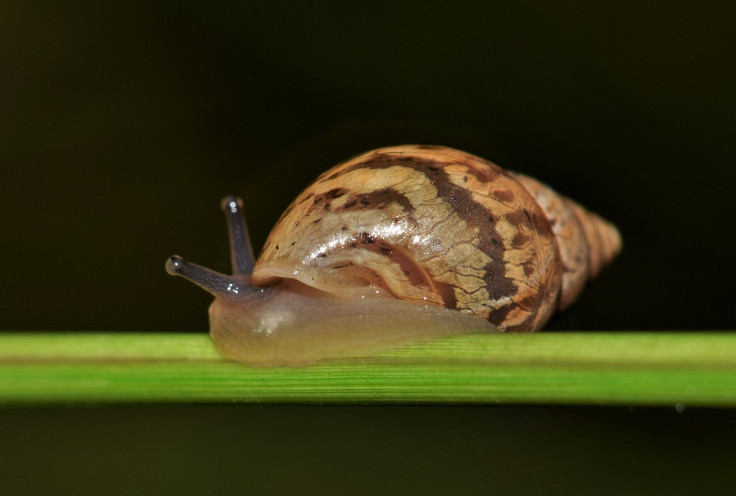Diabetes Treatment: Venomous Insulin From Cone Snail Appears Promising

A predatory sea snail’s potent venom could transform diabetes treatment and improve the quality of life for those living with diabetes, reported a new study. Almost a hundred years post the discovery of insulin, an international team of researchers has developed the world’s smallest, fully functional version of the hormone from cone snails.
Mini-Insulin- The new version of insulin has the potency of human insulin alongside the fast-acting potential of venom insulin produced by predatory cone snails.
“We now have the capability to create a hybrid version of insulin that works in humans and that also appears to have many of the positive attributes of cone snail insulin. That's an important step forward in our quest to make diabetes treatment safer and more effective," Danny Hung-Chieh Chou, Ph.D., a University of Utah Health assistant professor of biochemistry and one of the study's corresponding authors told Phys.Org.
Key properties of Mini-Insulin:
- Has similar in-vitro insulin signaling and in-vivo bioactivities similar to human insulin
- It works faster than the swiftest-acting human insulin available
- Fast-acting insulin would reduce the risk of hyperglycemia and other complications of diabetes
- This new insulin could also improve the performance of insulin pumps or artificial pancreas that releases insulin into the body whenever needed
- This can help individuals with diabetes to control their blood sugar levels more tightly and rapidly
The research team found that the new insulin derived from cone snail venom lacks a hinge compound that causes human insulin hormone to clump together so that it can be stored inside the pancreas. These aggregates should be simplified into individual molecules before they can start working on blood sugar.
They used structural biology and medicinal chemistry techniques to isolate the amino acids that help the snail insulin bind to the insulin receptor. A truncated version of the human insulin molecule was then created without the region that caused clumping.
In animal testing, the new hybrid insulin bound to insulin receptors as strongly as normal human insulin would.
"Mini-insulin has tremendous potential. With just a few strategic substitutions, we have generated a potent, fast-acting molecular structure that is the smallest, fully active insulin to date. Because it is so small, it should be easy to synthesize, making it a prime candidate for the development of a new generation of insulin therapeutics," Chou told Phys.Org.
© Copyright IBTimes 2025. All rights reserved.






















